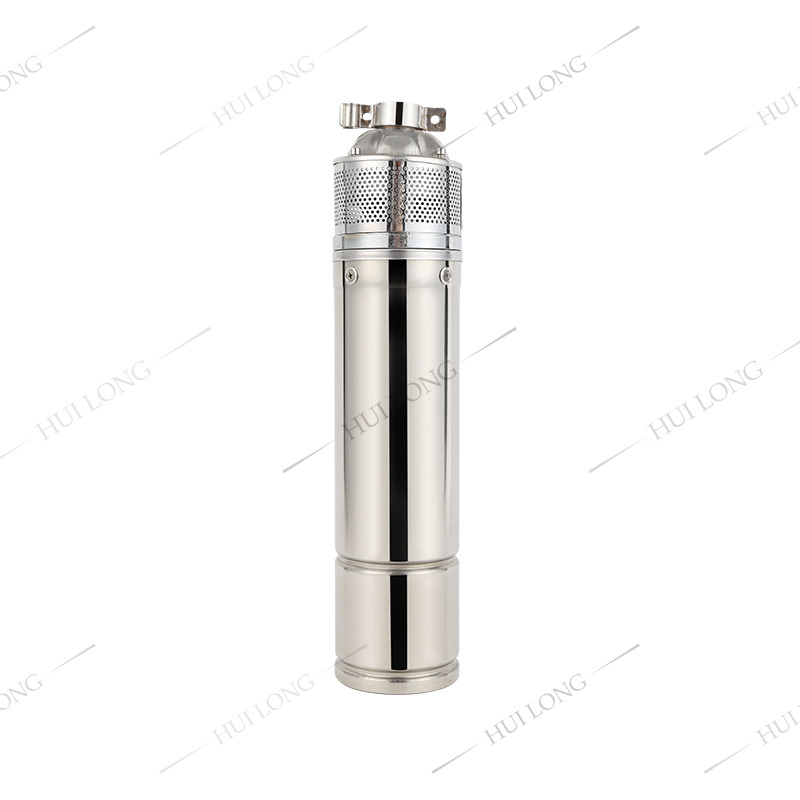Selecting a suitable Deep Well Pump is a crucial decision for homeowners, agricultural operators, and businesses that depend on a reliable water supply from underground sources. A Deep Well Pump is specifically designed to draw water from wells that extend beyond the range of surface pumps, often reaching depths of more than 25 meters. To ensure consistent water delivery and long-term operational stability, several important factors should be considered before choosing the right pump for your water system.

The step in selecting a Deep Well Pump is to determine the depth of the well. Different pump models are designed to handle varying depths and water levels. A submersible Pump is typically installed below the water level inside the well and is ideal for deeper installations. In contrast, jet pumps are commonly used for shallower wells, though some two-pipe systems can manage moderate depths. Understanding your well’s specific depth helps narrow down appropriate pump options.
Flow rate requirements are another key factor when choosing a Deep Well Pump. The flow rate, usually measured in gallons per minute (GPM) or liters per minute (LPM), depends on the total water demand of the household, farm, or facility it will serve. It is important to estimate peak usage by considering the number of water fixtures, irrigation systems, and appliances that may run simultaneously. A Pump with the right capacity ensures an adequate water supply without overworking the equipment.
The pump’s motor power is also critical to reliable operation. Measured in horsepower (HP), the motor’s strength should correspond to both the depth of the well and the required flow rate. A Deep Well Pump with insufficient power might struggle to lift water from greater depths, resulting in reduced performance and possible mechanical wear. Conversely, an overpowered pump could result in unnecessary energy consumption. Consulting technical data sheets or speaking with a pump technician can help match motor specifications with system demands.
Another essential consideration when selecting a Deep Well Pump is the material and build quality. Since the pump operates submerged or within moist environments, components must resist corrosion and wear. Stainless steel and durable composite materials are often preferred for their long-term durability and resistance to mineral buildup. A Pump constructed with these materials typically requires less maintenance and offers a consistent service life under varying water conditions.
The type of control system is also a factor in choosing a Deep Well Pump. Some pumps operate manually or with basic on/off switches, while others are equipped with automatic pressure switches and protection systems. Modern pumps often include built-in features like dry run protection, overload safeguards, and soft-start mechanisms. These functions help protect the Pump from common operational issues and extend its service life.
Energy efficiency is becoming increasingly important in selecting a Deep Well Pump. Energy-efficient models reduce long-term operational costs, especially for systems that run continuously or in agricultural settings. When comparing options, it’s useful to review the energy consumption data provided by manufacturers and weigh it against the required water output. A Pump with efficient performance can lower electricity costs without compromising water delivery.
Installation and maintenance requirements should also be taken into account. Some Deep Well Pump systems are easier to install and maintain, making them suitable for rural areas or locations with limited technical support. Factors such as ease of access, availability of spare parts, and compatibility with existing plumbing infrastructure influence the long-term reliability and cost-effectiveness of the system.
Noise level is another practical aspect to consider. While submersible Deep Well Pump models operate quietly since they’re submerged, above-ground components and surface-installed systems may generate audible noise. If the installation site is close to living or working spaces, selecting a Deep Well Pump with lower operational noise will help maintain a more comfortable environment.


 中文简体
中文简体 عربى
عربى






